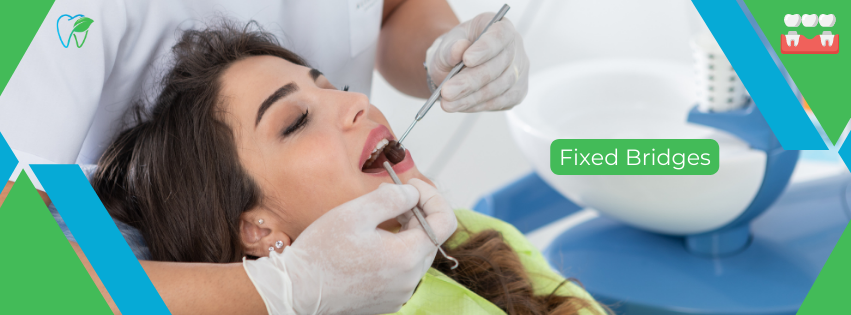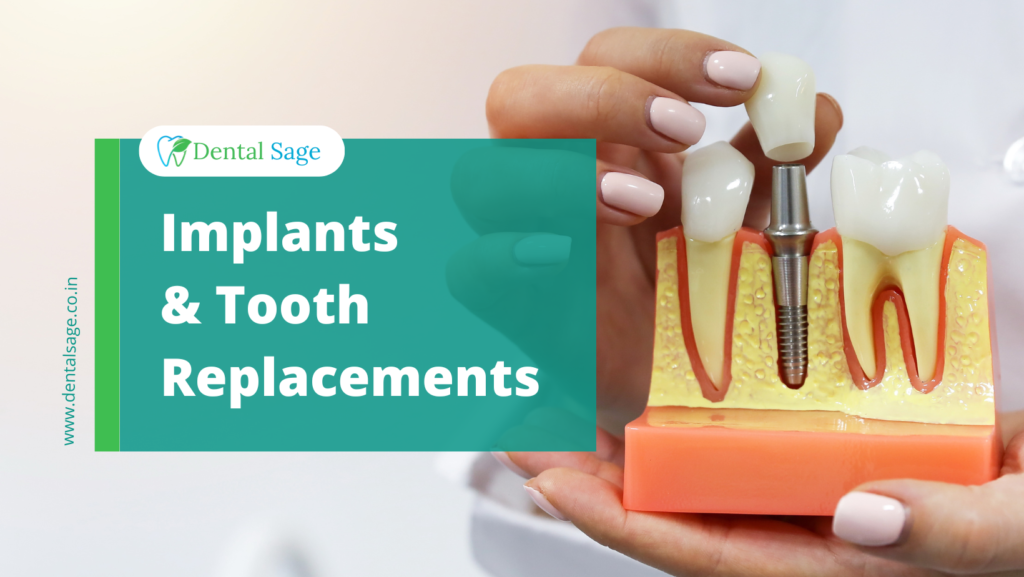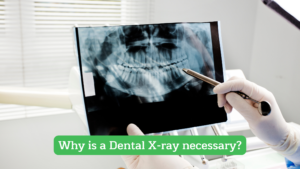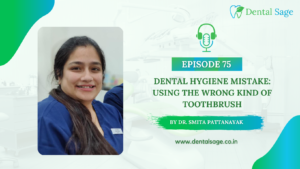Missing teeth can have a significant impact on a person’s oral health, function, and appearance. Fortunately, there are several options available for tooth replacement, including dental implants.
Here’s what you need to know about dental implants and other tooth replacement options:
Dental Implants:
Dental implants are a popular and effective option for tooth replacement. They are small, titanium posts that are surgically implanted into the jawbone. Once the implant has fused with the bone tissue, a custom-made crown is attached to the top of the implant, creating a natural-looking and functional tooth. Dental implants are durable, long-lasting, and can help to prevent bone loss in the jaw.

Fixed Bridges:
A fixed bridge is another option for replacing missing teeth. This involves placing a bridge of two or more artificial teeth that are attached to the surrounding teeth with dental crowns. Fixed bridges are a good option for patients who have healthy teeth on either side of the missing tooth or teeth. However, they may require more maintenance than dental implants and can sometimes damage the supporting teeth.
Partial Dentures:
Partial dentures are removable appliances that are designed to replace one or more missing teeth. They are made of a gum-colored plastic base with artificial teeth attached to it. Partial dentures are typically held in place with metal clasps that attach to the remaining natural teeth. While they are a more affordable option for tooth replacement, partial dentures may be less stable and comfortable than dental implants.
Complete Dentures:
Complete dentures are used to replace all of the teeth in the upper or lower jaw. They are typically made of acrylic resin and are custom-fitted to the patient’s mouth. While complete dentures can help to improve a patient’s ability to chew and speak, they may be less stable and comfortable than dental implants.
When considering tooth replacement options, it is important to talk to your dentist about your specific needs and preferences. Your dentist can help you choose the best option for your individual situation and provide you with information about the benefits and drawbacks of each choice. With the right treatment plan, you can restore your smile and improve your oral health and function.



